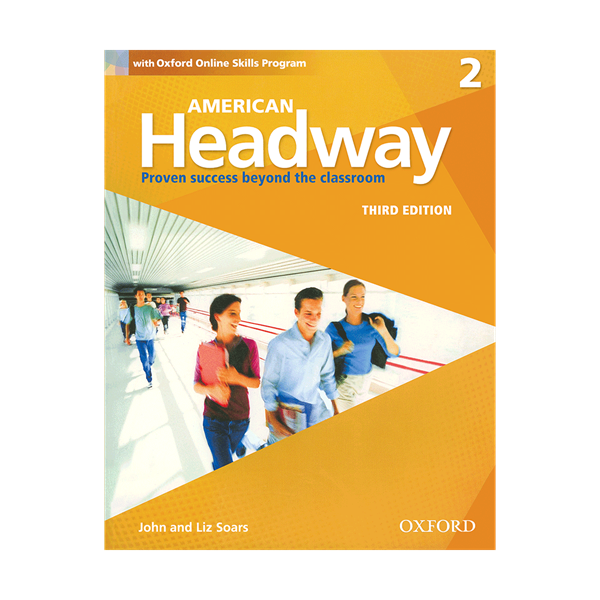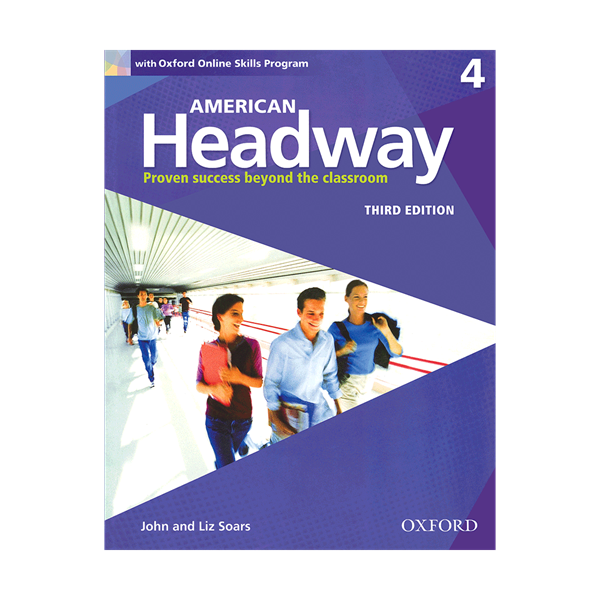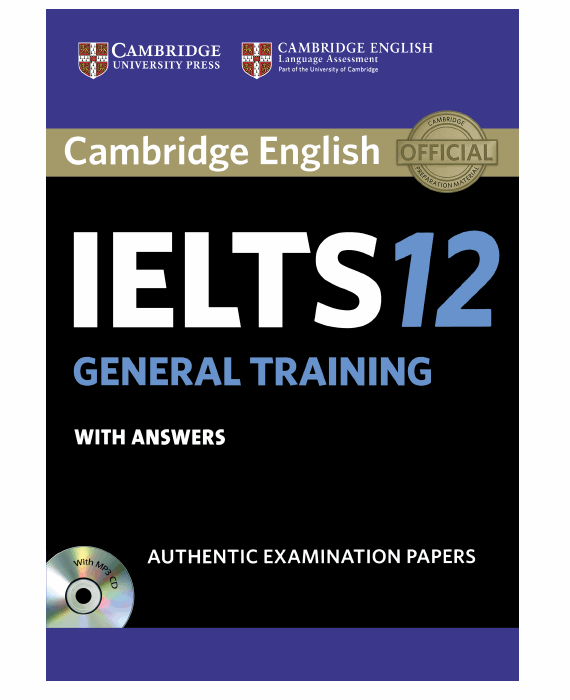Lesson 6
Past simple
Here we will look into the past tenses. As with the present, there are four aspects to the past tense in English, and each can be divided into positive, negative, and question forms. They look like this:
| Tense | Positive | Negative | Question |
| Past simple: | I walked. | I didn’t walk. | Did I walk? |
| Past continuous: | I was walking. | I wasn’t walking. | Was I walking? |
| Past perfect: | I had walked. | I hadn’t walked. | Had I walked? |
| Past perfect continuous: | I had been walking. | I hadn’t been walking. | Had I been walking? |
Let’s look at each tense in turn.
This is a really common and basic part of the English language, and knowledge of it is essential to IELTS success. Generally speaking, we form the past simple by adding “-ed” to a verb. However, in English, there are hundreds of irregular verbs. So, whereas you might say “I walked” or “She watched,” there are also cases like “We ate” or “They wrote” for which you simply need to remember the correct past form. Here is an example using an irregular verb:
| Positive | Negative | Question |
| I ran. | I did not run. | Did I run? |
| You ran. | You did not run. | Did you run? |
| We ran. | We did not run. | Did we run? |
| They ran. | They did not run. | Did they run? |
| He ran. | He did not run. | Did he run? |
| She ran. | She did not run. | Did she run? |
| It ran. | It did not run. | Did it run? |
- An action that was completed in the
- I graduated in
- She left home two years
- 2. Routine actions in the
- We called her every
- He spoke with his grandmother





